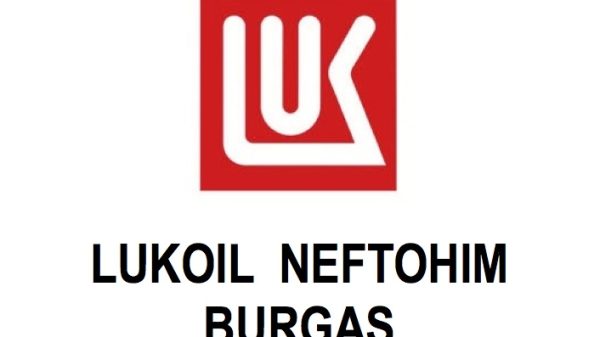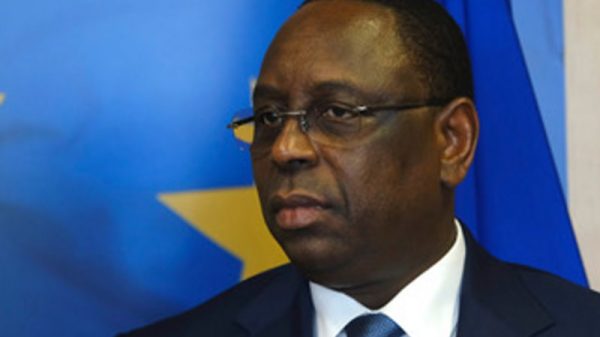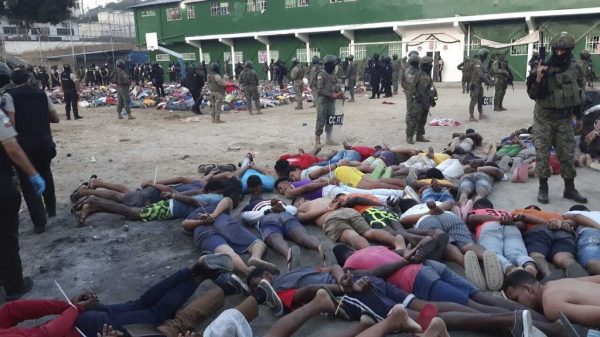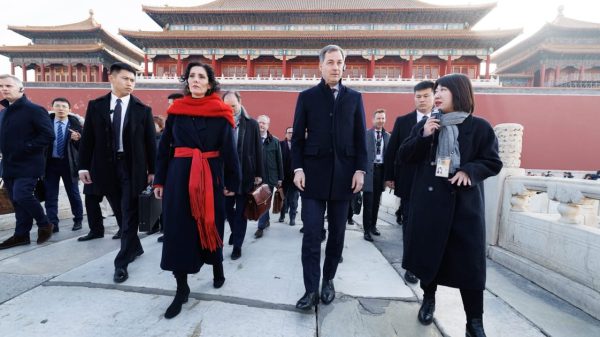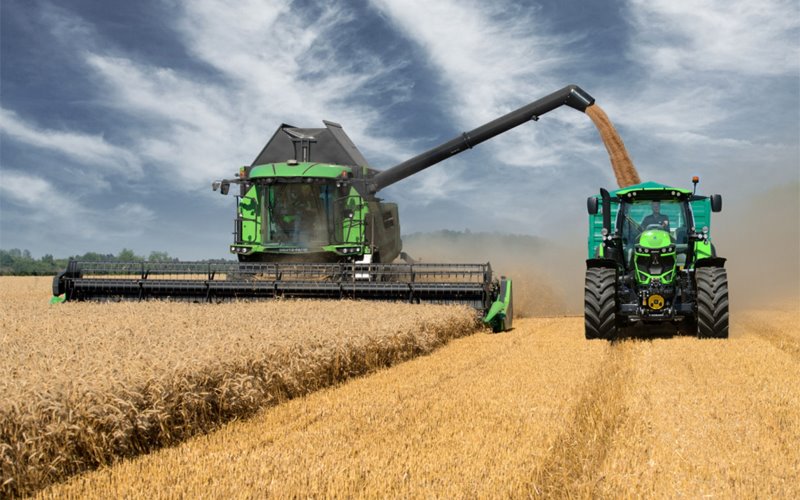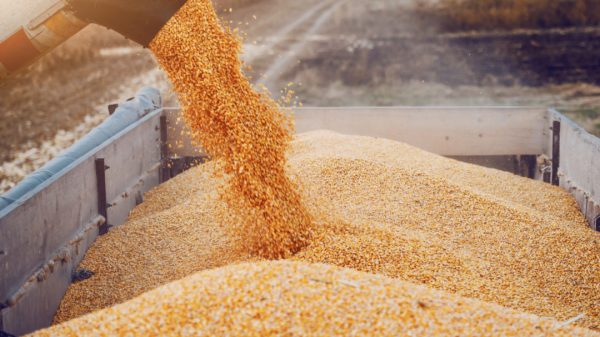This week the EU countries expect to agree on the 11th sanctions package against Russia for its invasion of Ukraine. The new measures will be primarily focused on closing loopholes to circumvent the previous restrictions. It is no secret that despite all existing bans, car dealerships in Moscow continue to sell the newest BMW and Mercedes models, restaurants serve Dom Perignon champagne, and clothing stores like TSUM provide the latest collections from top European brands.
Loopholes also work in the opposite direction: Russia’s oil exports, a key revenue stream generating over $380 billion for the national budget in 2022, have rebounded to pre-war levels, with a substantial portion still finding its way to the EU market via intermediary countries such as India and China.
Russia’s agricultural sector has also flourished as a significant revenue generator, raking in over $40 billion in 2022. This figure is on par with the proceeds from the country’s metals exports and double the earnings from fertilizer exports. Obviously, even here, the EU sanctions were actually far from what they were meant for.
AdvertisementUntil February 2022, Russia imported more than a third of its fleet of agricultural equipment, purchasing approximately 3,000 tractors and up to 1,000 harvesters each year, amounting to around $1.5 billion. Despite having its own machine-building facilities like Rostselmash and Kirovets, Russia struggled to fulfill the significant demand for agricultural machinery necessary for cultivating over 80 million hectares of cropland (which surpasses the land area of France). The largest machinery suppliers to Russia were prominent global companies such as Deere, Claas and Deutz Fahr.
Following Russia’s attack on Ukraine, all three companies expressed strong disapproval of the military action and ceased the provision of machinery, spare parts, as well as the operation of their assembly plants within Russia. Subsequently, the supply of agricultural machinery faced limitations at the EU level due to the classification of certain parts and components as dual-use goods, with potential applications in weapon production.
This had a tangible impact on agriculture in Russia: with the halt in supplies and unavailability of necessary parts, some farmers resorted to “cannibalism” which involved dismantling functional machinery to obtain the required components. Perhaps the shortage of equipment was one of the reasons why Russia announced that it plans to harvest 20% less grain in 2023 than the year before.
In December 2022, the German newspaper Die Zeit published an investigation revealing allegations that Claas had developed a strategy to evade sanctions and continue exporting its products, which were restricted under European bans, to Russia.
The strategy involved the incorporation of banned parts and elements into larger components with different customs codes, enabling them to cross EU borders unnoticed. However, shipments were intercepted and halted by Estonian customs, effectively blocking this channel. Claas has rebuffed the accusations of intentional sanctions circumvention.
In April Russian media reported on the resumption of deliveries of Deutz Fahr combines and other equipment to Russia from the EU factories owned by Italian company SDF Group. This information was officially announced by the Russian company “AgroTechRussia”.
“AgroTechRussia” is owned by Russian businessman Sergei Zanozin, who previously held top positions in the sanctioned Russian machine-building holding GAZ Group, owned by oligarch Oleg Deripaska, who is also subject to the US and EU sanctions. Sergey Zanozin himself is not on any sanctions list.
“AgroTechRussia” claims to be the official distributor of Deutz Fahr in Russia and asserts that it possesses all the necessary permits. These claims are supported by statements from Alessandro Maritano, a top executive at the parent company of Deutz Fahr, the Italian SDF Group, which are referenced in press releases from the Russian firm.
According to media reports Sergey Zanozin’s “AgroTechRussia” intends to introduce a lineup of the latest 2023 tractors to Russian farmers in the near future.
Meanwhile industry experts suggest that the reported resumption of Deutz Fahr machinery deliveries to Russia is actually the result of parallel imports through countries such as Armenia, Georgia and some others. These imports are allegedly conducted with the permission of the SDF Group. With competitors exiting the market, SDF Group has a significant opportunity to expand its market share in Russia multiple times over. Industry sources indicate that at least 150 units of Deutz Fahr machinery were imported to Russia in the first three months of 2023.
The SDF Group’s position aligns with the recent statements made by Vittorio Torrembini, the head of the GIM Unimpresa Association of Italian Entrepreneurs in Russia. Torrembini emphasized that despite the pressure exerted by European and American politicians and mass media, Italian businesses are not intending to withdraw from Russia.
“Italian business over the last three decades has penetrated deeply into Russia’s economy, invested billions of euros in it, and dozens of companies have opened enterprises here. We are not going to leave such an attractive market,” he said in an interview with the state-owned Russian news agency RIA Novosti.
According to an analysis by Yale University, more than 500 major US and EU companies have chosen to remain in Russia, showing no signs of exiting and doing “business as usual”. In fact, some of them are even eyeing the opportunity to fill the void left by departing competitors by strategically exploiting loopholes within the existing sanctions framework.
Obviously, this approach undermines the efforts of EU policymakers to cut Russia’s revenues and thus curb its aggression. This issue needs to be properly addressed in the 11th package of sanctions.






